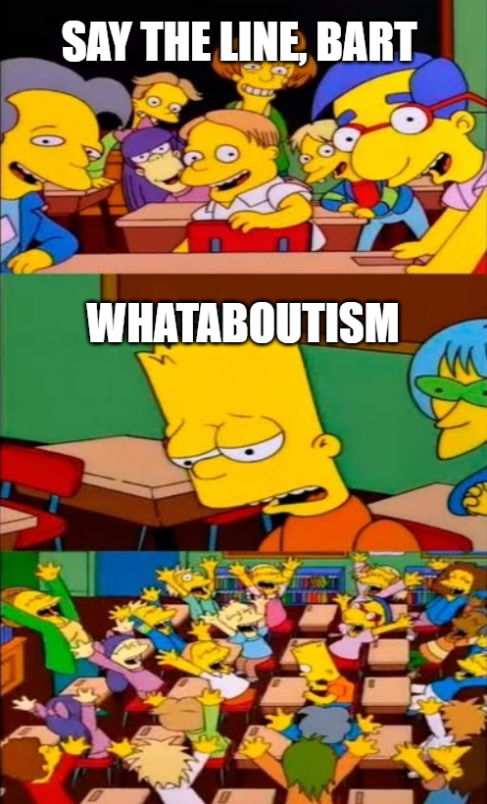There's some woo arguments in favor of it, but it's not completely bs, IMO.
It's basically a way to trick yourself into eating less by restricting the hours of the day you eat. Once you're doing it for a while your body adapts to it and you're much less hungry during your fasting hours.
I lost 60 pounds doing it without much pain. I still fast 12 hours(which is mostly sleeping) to maintain the loss.

